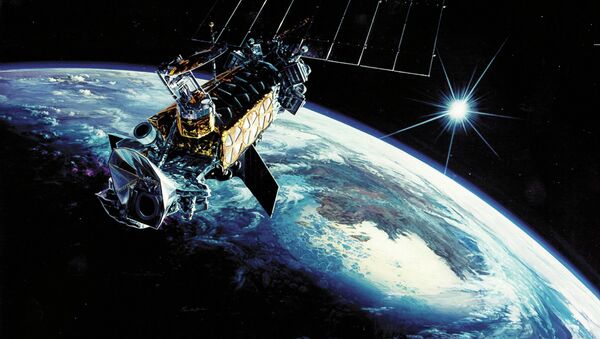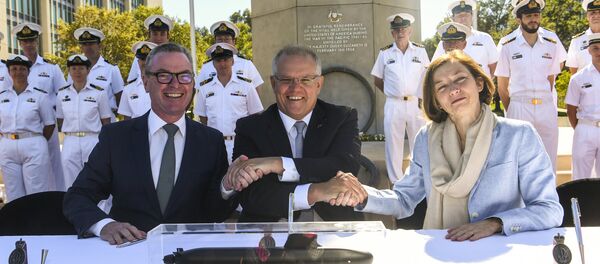The Australian military will join a new space race, as space becomes an increasingly contested domain, a Radio New Zealand report says.
Royal Australian Air Force (RAAF) Chief Marshal Leo Davies said the country's unique geography is ideally suited to play a greater role, while acknowledging that Australia lags behind the world superpowers in the "space game".
"Space is one of those domains that needs to expand — our understanding of what is in the sky above us is important", Davies said. "We have begun modestly — as we begin to understand the part we play, the importance of that is growing very quickly".
Davies predicted that the RAAF will commit a "significant investment" in space in the next twenty years.
The Australian government predicts that by 2030 the national space industry will represent some $12 billion to the economy, the report says. Last year it established a dedicated Australian Space Agency.
"As we look at what we are able to do, that would include increased satellite launches, increased sophistication about what's onboard the satellite", he said.
Recently, the Defence Force initiated two projects intended to form the foundation of the nation's military space support.
One project, named DEF-799, seeks to allow the military direct and timely access to commercial imaging satellites. It will also seek to acquire new space-based intelligence, surveillance and reconnaissance capability, Radio New Zealand reports. The project's cost is estimated at roughly US $355 million.
Another, JP-9102B, will develop next-generation Defence Force satellite communications systems that will improve the command and control of deployed forces using space assets.
Davies said that the Australian military does not plan to create its own version of a Space Force, like US President Donald Trump recently announced.
"I don't think so, not at this point", he said about the idea. "That might be some time off and something that both Defence and successive governments could think about".



